THANKSKILLING THROWBACK THURSDAY: PERMABULKING WITH THE ABCDE DIET
With all the talk online of “making good food choices” and other assorted anti-gainz nonsense, allow me to remind you of one thing- there is no way you’re going to get hypogea without eating like you were just released from a concentration camp occasionally. All the best lifters, bodybuilders, and wrestlers were notorious for their insane eating habits, and it’s for good reason- you’ve got to eat big if you want to get big. With that in mind, give this throwback article a read about how binging when dieting can seriously work to your advantage.
I mentioned in a previous blog that I was a bit of a fan of a guy of whom you’ve likely never heard, Torbjorn Akerfeldt. Akerfeldt is a former bodybuilder and doctor who pioneered an innovative diet in the 1990s called the ABCDE diet, which Bill Phillips jocked like it was the second coming of Arnold Schwarzenegger. Why? Because based on Akerfeldt’s theories, you can diet hard for two weeks, then blow your diet completely for two weeks, and still get bigger and lose fat.
The science behind it, however, is compelling, and I’m of the opinion that it can be incorporated into one’s diet, however sparingly. How sparingly? I’m of the opinion that if you diet your ass off for a couple of months, this might just be the way to get your body anabolic again, throw on some muscle in a hurry, and get your head right after weeks of deprivation.
How it works:
This diet’s about as simple as they come- overeat for 2 weeks, then undereat for two weeks, then repeat ad nauseum. According to Akerfeldt, you should end up with a net lean muscle gain and overall fat loss. No matter how crappy your diet during the two weeks. Protein intake is not an issue on this diet. As the only thing you’re tracking on this diet is caloric intake. You want 1000 surplus calories during the overfeeding period. After that, a caloric deficit of the same in the underfeeding period, with no restrictions or recommendations on macronutrients.
As one study shows that a 3 week period of overfeeding in a bunch of chicks resulted in an average weight gain of 9.5 lbs., of which about 4 was lean mass. All the subjects experienced increased testosterone, IGF-1, and insulin, which meant that they were highly anabolic. Unfortunately, they also gained 5 lbs. of fat in three weeks.
In any event, the next study associated with the ABCDE diet shows that in small samples of men over 12 days, guys who ate more calories gained more muscle than fat. Furthermore, guys who underate lost more fat than muscle. I frankly found the most interesting finding in this tiny study was that fat oxidation is inversely proportional to carbohydrate intake. The less carbs you eat, the more fat you burn.
As such, it seems Akerfeldt might be making mountains out of molehills. Thus, my take is that your body adapts to high protein diets by enabling itself to utilize more protein. To reap the benefits, you’ve got to keep the protein high.
Why, then, tell you about this diet? Because it’s interesting, for one, and because it could benefit you, for another. Some excerpts from a Bill Phillips interview with Akerfeldt seem to echo my sentiments:
- “Scientific studies have reliably shown that when there is a drastic change in the diet. The body responds very swiftly and efficiently”
- “Our genes have not evolved much during the last 100,000 years. Thus, they are still developed for our hunter/gatherers. More recently, pastoral ancestors, who, whenever they succeeded in killing an animal, lived on meat for a week or two. At other times, when they had bad luck hunting and a crop failed, they lived on a low-calorie diet. This selective pressure gave man adipose tissue with almost unlimited storage capacity. As well as a very adaptive metabolism to cope with periods of different diets.”
During a calorie period, the number and activity of enzymes which govern storage will increase. While the degrading enzymes and those which promote the efficiency or utilization will decrease in activity. After a period of restriction, the body is now optimized for a forthcoming period of “excess” intake of calories. When this period takes place, the body will store excess calories at a tremendous rate. This applies to carbohydrates [glycogen] and is the basis for “carb loading.” It also applies to fats [triglycerides] and amino acids [proteins].
- “During the bulking phase of the ABCDE program, several things happen. First, fluid, glycogen, and amino acids are loaded into the myocyte [muscle cell]. According to Häussinger’s theory of cellular hydration5,6 and Millward’s “full-bag” theory,9 the cell will actually stretch. This stretching, or as Millward calls it, “bag filling,” occurs rapidly during the bulking phase of this system. Bag enlargement is remodeling of the connective tissue.
- “The macronutrient profile of the diet is not nearly as important as the total-energy intake. One could logically surmise that consuming a higher protein diet during the bulking phase may stimulate anabolic drive and produce even greater nitrogen retention. If you followed a high-carbohydrate diet during the low-calorie phase, the accompanying increase in fat oxidation would make you put on a lot of fat during the next bulking phase.”
His recommendations for calories in the two phases:
“TAKE YOUR BODYWEIGHT TIMES 12 [TO APPROXIMATE MAINTENANCE-CALORIE INTAKE FOR AN INDIVIDUAL WHO’S NOT EXTREMELY ACTIVE]. ADD 1,500 CALORIES TO THIS NUMBER. FOR EXAMPLE, A PERSON WHO WEIGHS 200 LBS, WOULD CONSUME ABOUT 4,000 CALORIES A DAY DURING THE BULKING PHASE. ON THE LOW-CALORIE PHASE, I WOULD RECOMMEND CONSUMING A NUMBER OF CALORIES EQUAL TO YOUR BODYWEIGHT TIMES EIGHT. THAT WOULD BE ABOUT 1,600 CALORIES FOR YOU [200 X 8 = 1,600].”
Seems simple, right? Though I might not agree with every bit of his premise, the theory is certainly enticing, especially if you know, for instance, that you’ll be eating your ass off on vacation for two weeks. Should you have such a plan, it might behoove you to undereat for two solid weeks prior to that caloric bonanza to get the most out of it (and look your best while you embark upon a Kobiyashi-style gastronomic catastrophe). The best bit to take away from this diet- experimentation is key. Every bit of information you can pick up will be useful at some point, no matter whether you agree with the author’s premise or not… but screw you if you disagree with me.
For more informative blogs by Chaos and Pain click here.
Sources:


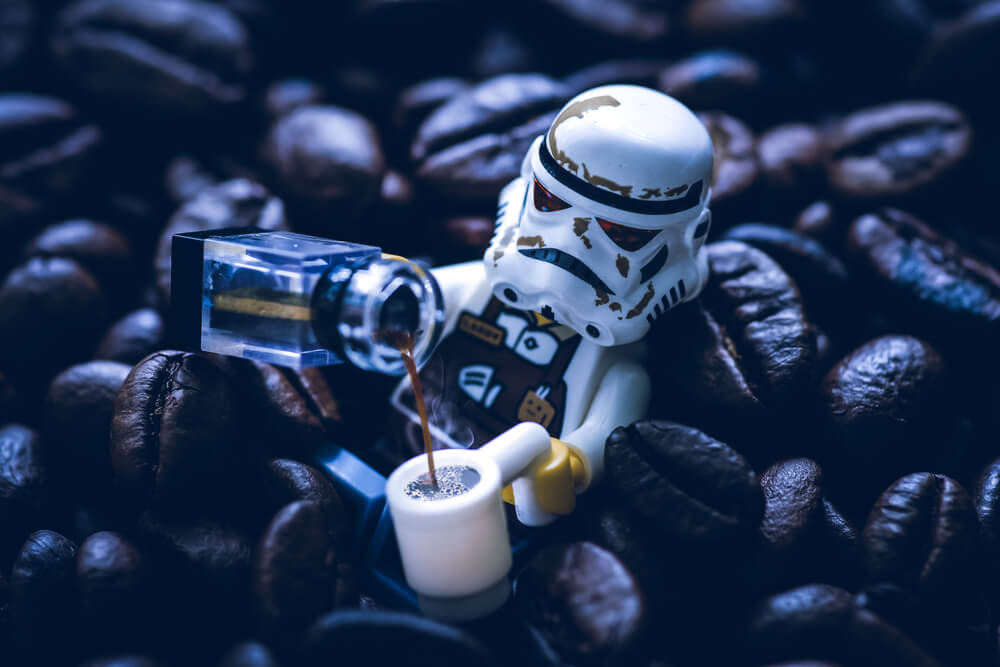
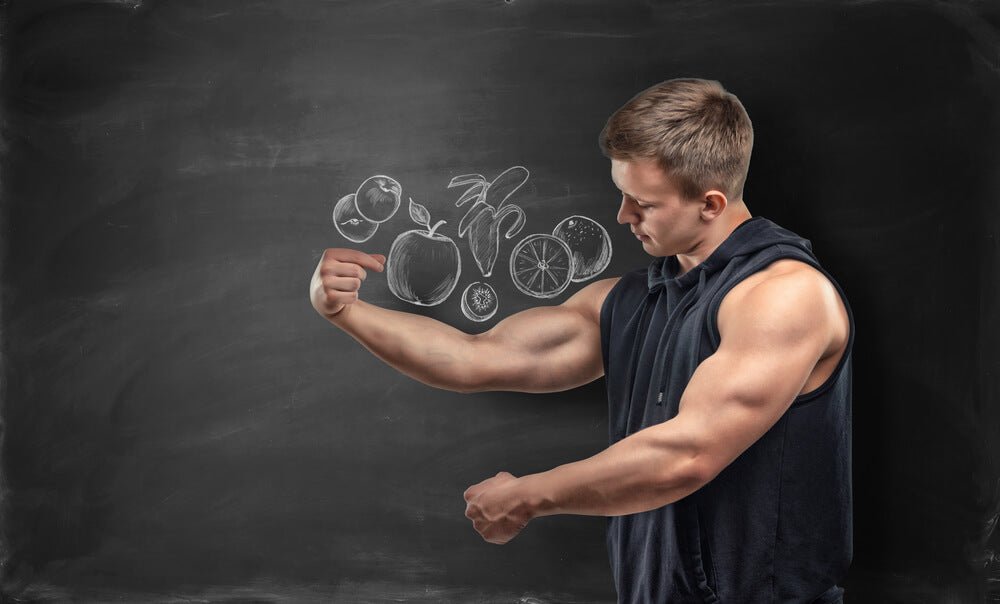
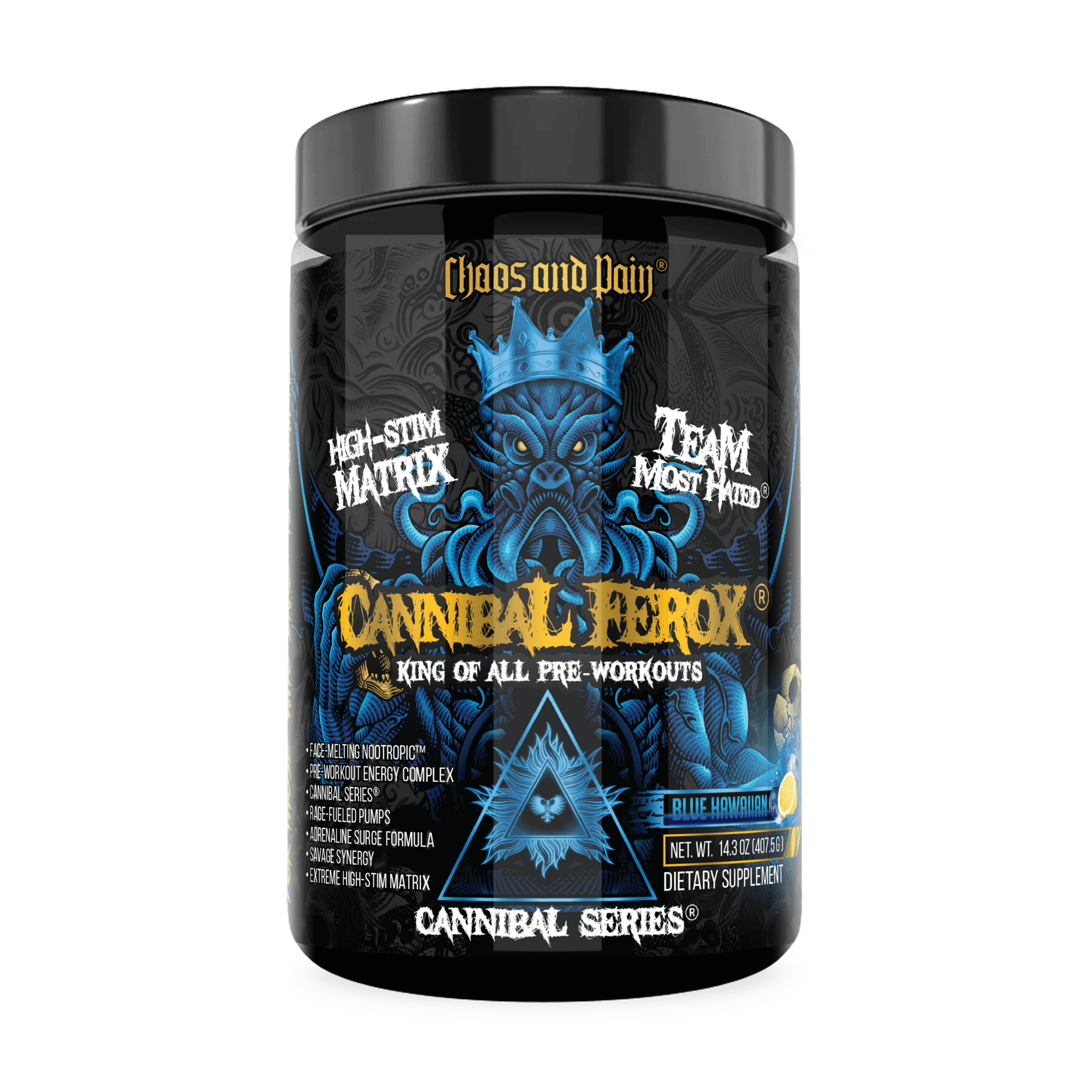
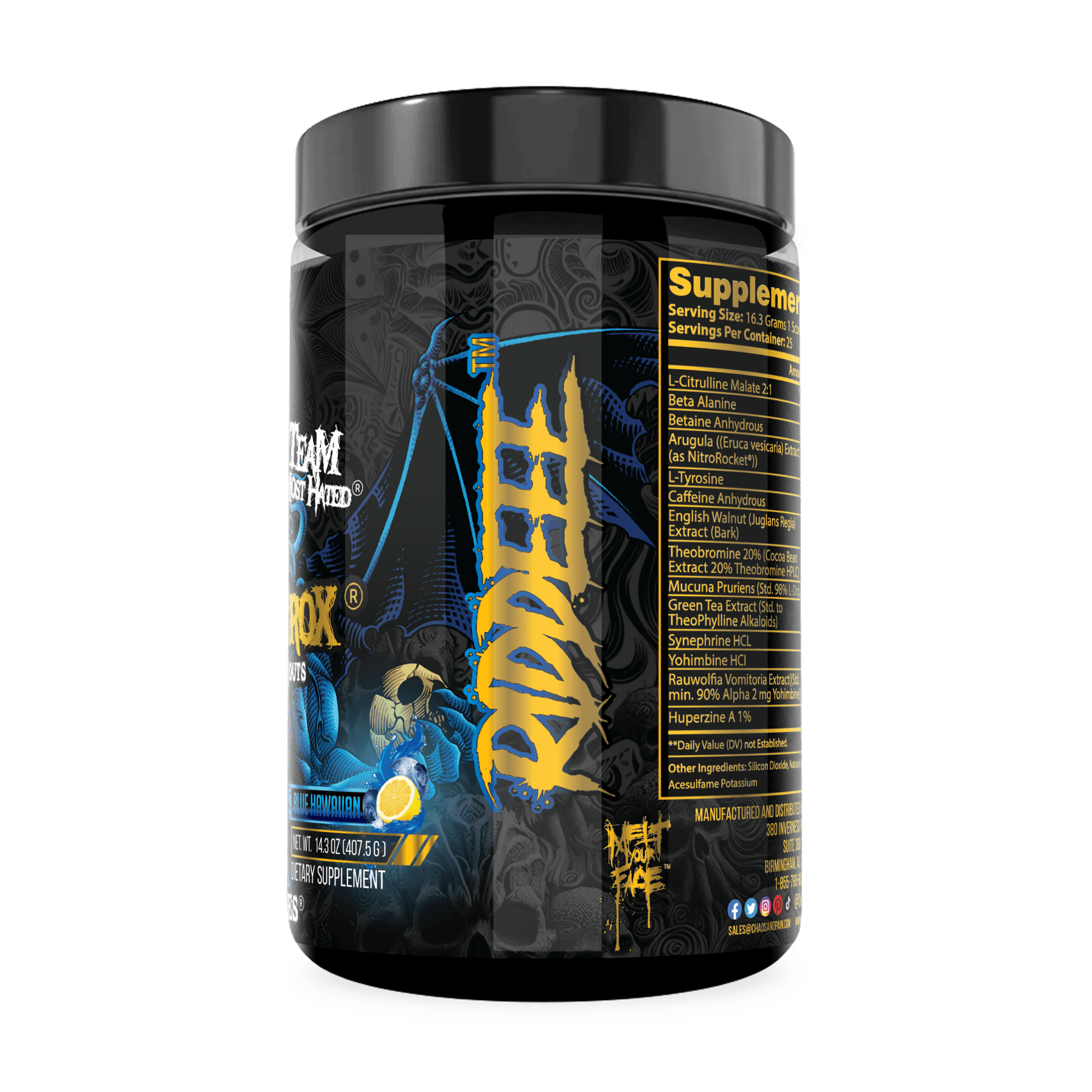



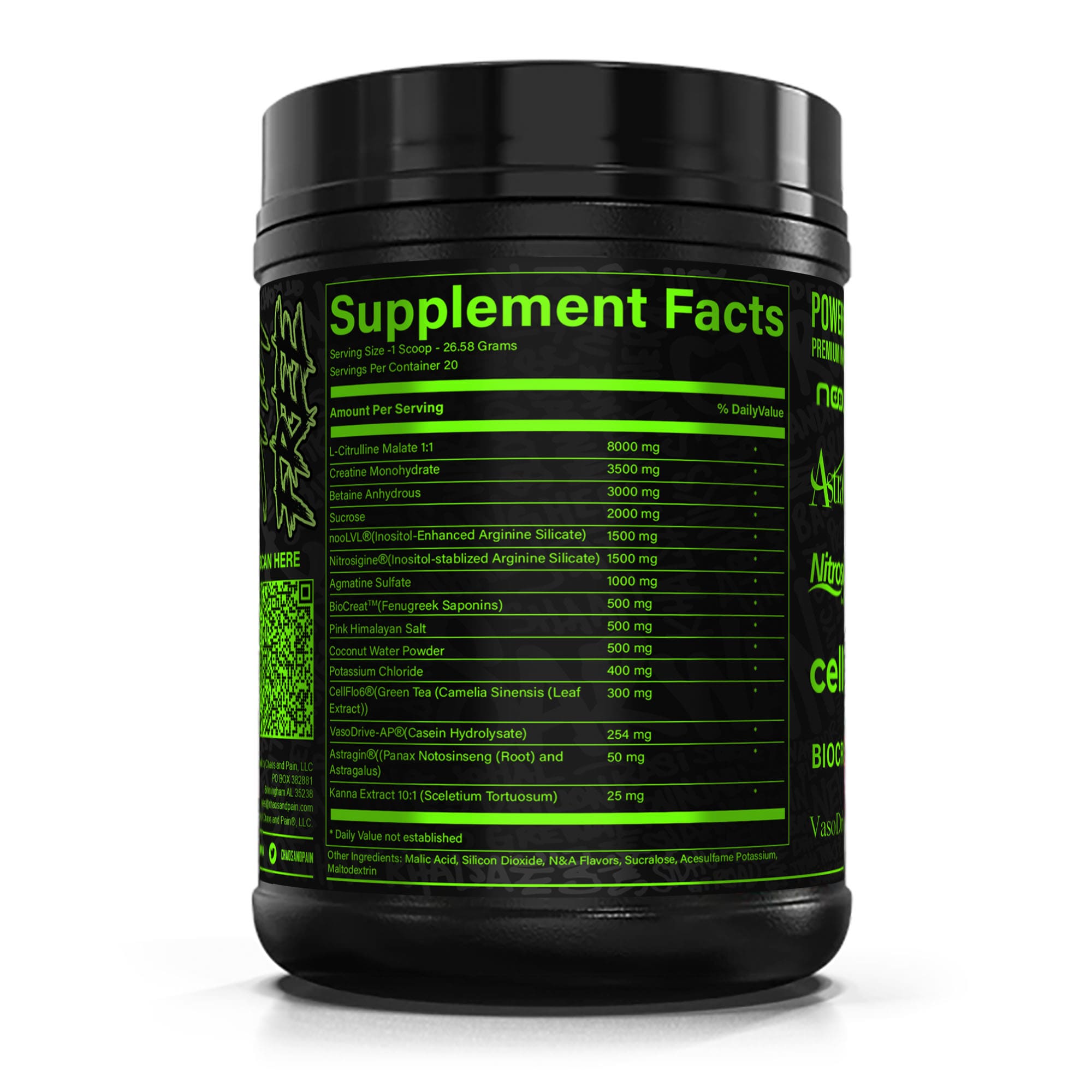
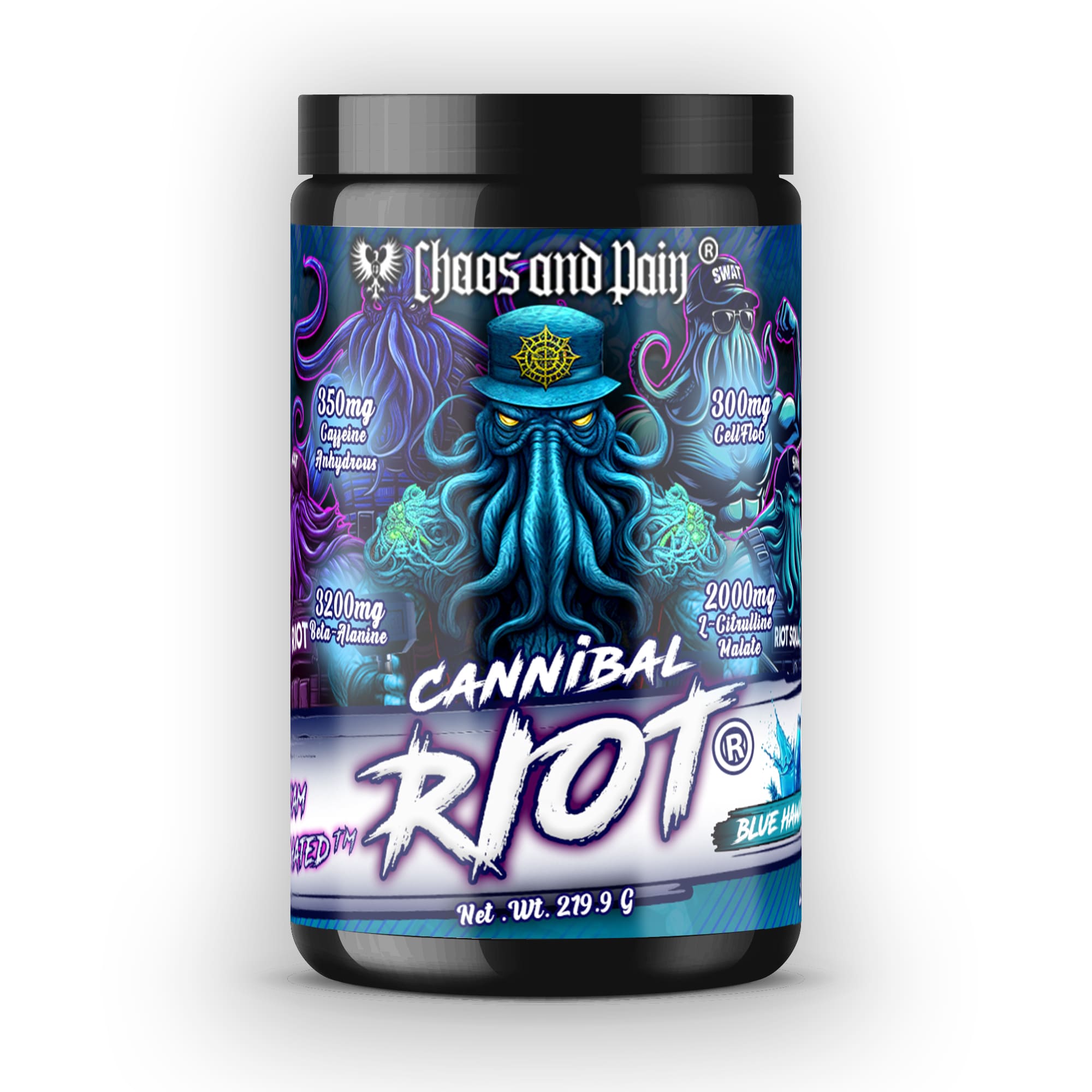
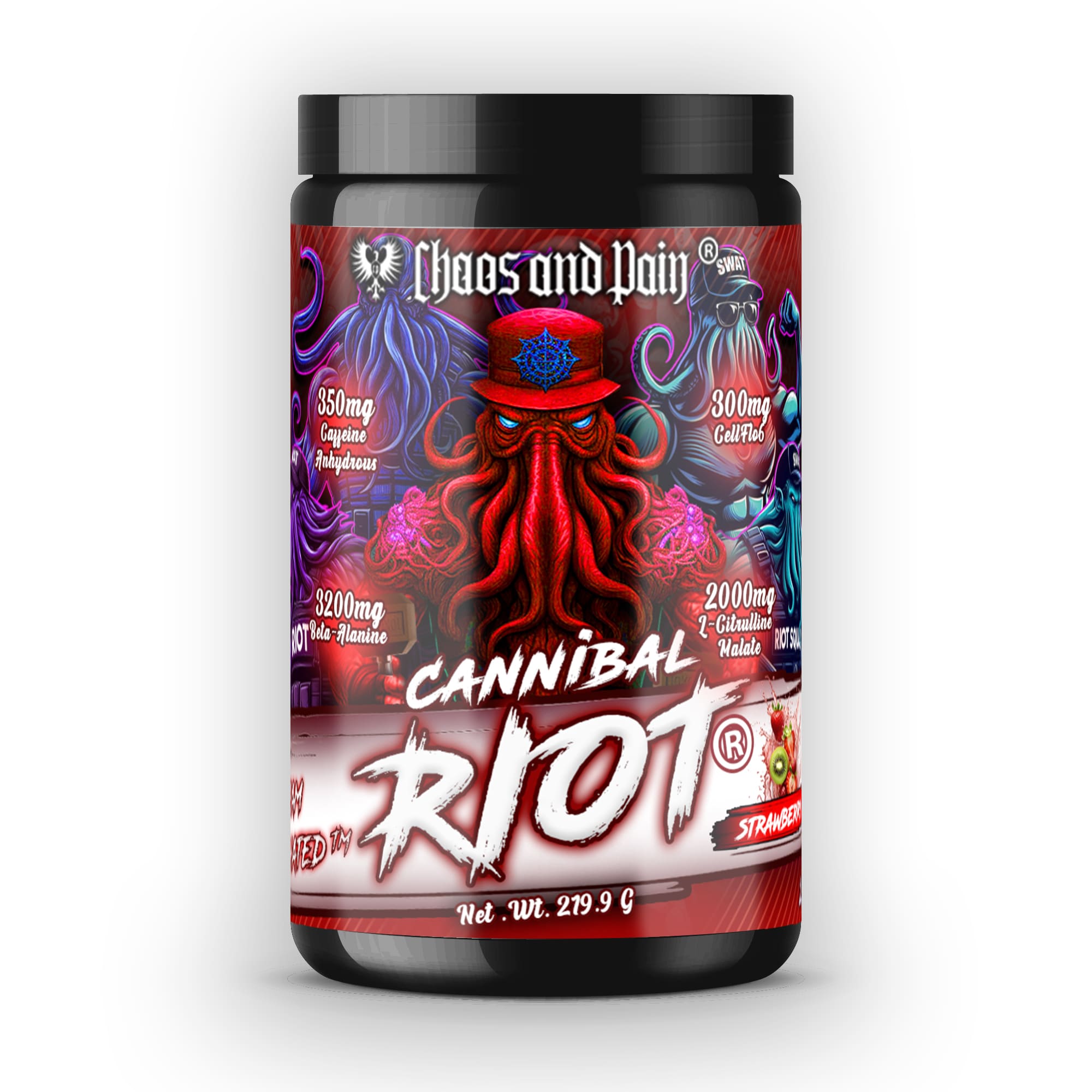
Leave a comment
All comments are moderated before being published.
This site is protected by hCaptcha and the hCaptcha Privacy Policy and Terms of Service apply.